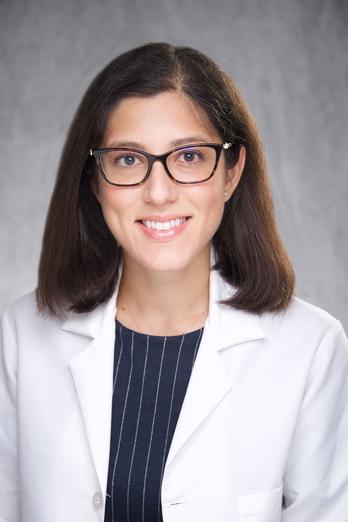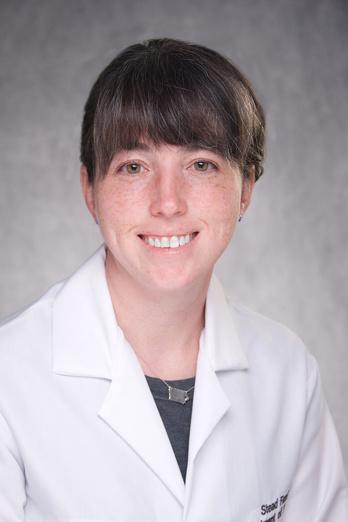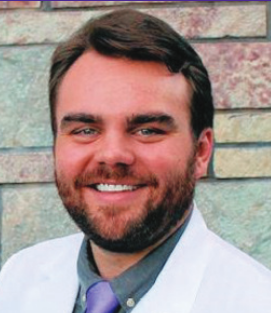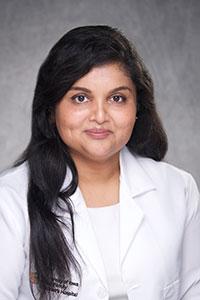
On September 23, Dr. Alexandrou from our division will be helping present psychiatry grand rounds on the topic of “mental health care/screening in Turner’s syndrome“. Dr. Alexandrou will have a co-speaker on the topic, Dr. Erin Olufs, who is a child psychologist. They will be speaking about the importance of screening for mental health issues in youth and young adults with Turner syndrome. Research has shown that women with Turner syndrome have increased risk of a variety of mental health concerns, including anxiety, depression, and autism spectrum disorders among others. Screening for these conditions is important and early and skilled intervention can be helpful. We are grateful that Drs. Alexandrou and Olufs will be able to share their expertise and experience in this important area of health care.





